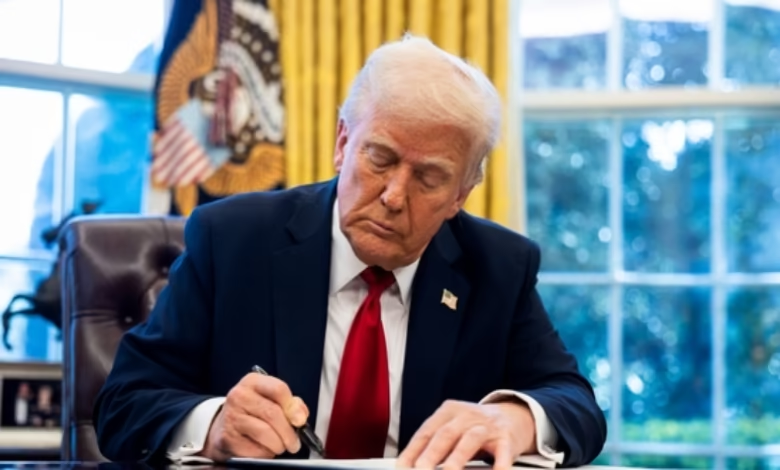Harvard Fights Back: Sues Trump Administration Over $2.2 Billion Grant Freeze

Harvard University has launched a legal challenge against the Trump administration to reverse a freeze on over $2.2 billion in federal grants, following the university’s refusal to comply with demands to curb campus activism, according to a lawsuit filed Monday in Boston federal court.
The conflict began with an April 11 letter from the Trump administration, which insisted on sweeping changes at Harvard, including reforms to its leadership, admissions policies, and disciplinary measures against protesters. The letter also called for an audit of diversity perspectives among faculty and students, the screening of international students for anti-American sentiments, and the withdrawal of recognition for certain student organizations.
Harvard President Alan Garber rejected the demands, citing their incompatibility with the university’s principles. In response, the administration halted billions in federal funding, prompting Harvard’s lawsuit, which argues that the freeze is “arbitrary and capricious” and infringes on its First Amendment rights and Title VI of the Civil Rights Act.
The lawsuit contends that the government has failed to justify linking concerns about antisemitism to the frozen funds, which support critical research in medicine, science, and technology aimed at advancing American innovation and security. It further highlights the severe impact of the funding halt on Harvard’s research initiatives and the broader national interest.
The White House swiftly countered, with spokesman Harrison Fields stating in an email Monday that federal funding is a privilege Harvard has not earned, accusing the university of misusing taxpayer money to support overpaid administrators. Education Department spokesperson Madi Biedermann declined to comment on the litigation.
The Trump administration’s demands are part of a broader effort to reshape universities it views as centers of liberal ideology and antisemitism, using research funding as leverage. This marks Harvard as a key battleground in the administration’s campaign, which includes calls for stricter protest regulations and ideological diversity.
Last week, Harvard reaffirmed its commitment to free speech under the First Amendment, prompting a post from Trump on Truth Social questioning whether the university’s tax-exempt status should be revoked for promoting “political, ideological, and terrorist inspired/supporting Sickness.”
The lawsuit echoes a prior filing by the American Association of University Professors, which sought to block a federal review of Harvard’s funding. Harvard argues that the administration’s actions threaten not only its autonomy but also the independence of American higher education, a principle long upheld by the Supreme Court.
In a message to the Harvard community, Garber emphasized the university’s dedication to academic excellence, free inquiry, and groundbreaking research, free from undue government interference. Anurima Bhargava, an alumna advocating for Harvard’s resistance, commended the lawsuit, condemning the administration’s “reckless and unlawful” funding cuts to vital research.
The American Council on Education, representing over 1,600 colleges and universities, supported Harvard’s legal action. President Ted Mitchell praised the university for challenging what he described as the administration’s violation of due process and the rule of law, expressing hope for a judicial rebuke of efforts to undermine academic research.




